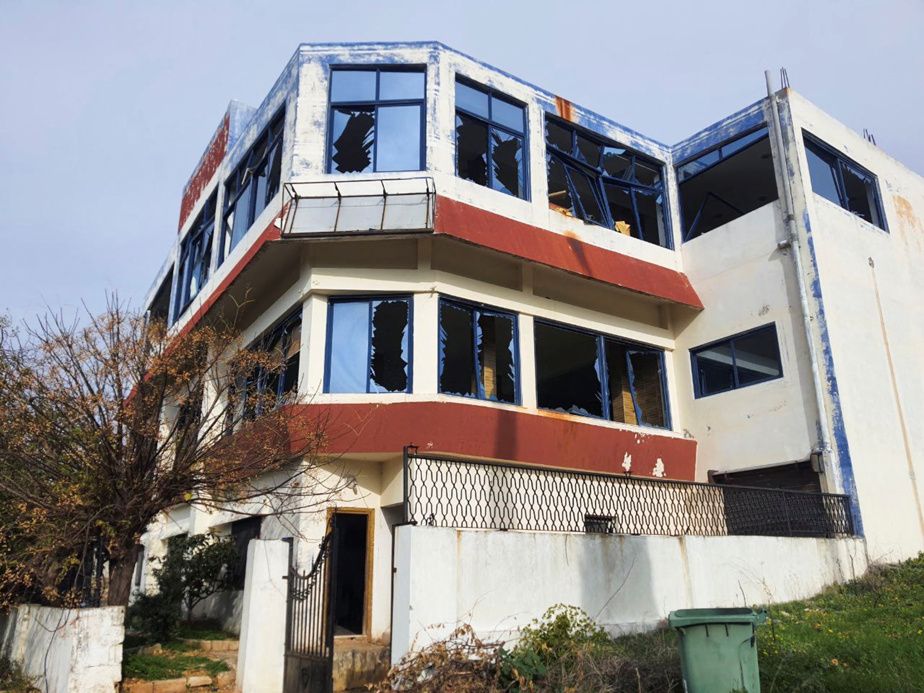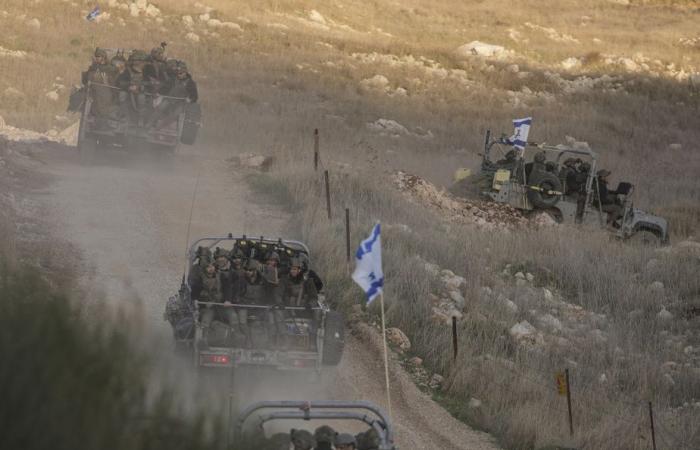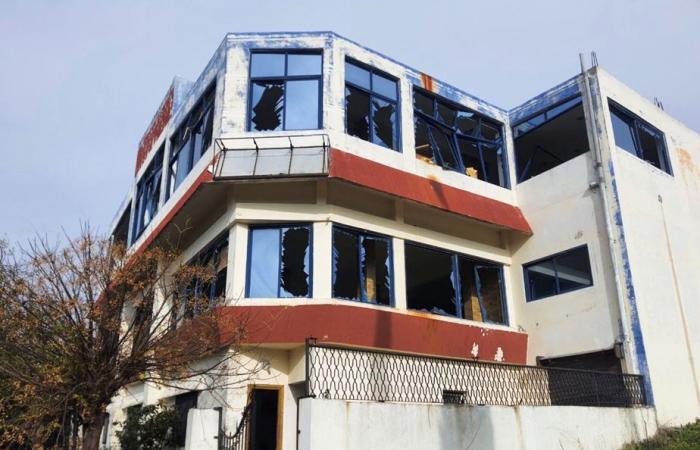(Damascus and Jerusalem) The ousted Syrian president, Bashar al-Assad, assured Monday that he had not premeditatedly fled Damascus, the day the capital was taken by the rebels, affirming that Moscow had requested his evacuation, in its first statement since his flight from Damascus.
Posted at 6:18 a.m.
Updated at 8:13 a.m.
Michael BLUM
Agence France-Presse
“My departure from Syria was not planned and also did not take place during the final hours of the battle, contrary to some allegations,” Bashar al-Assad said in a statement on the presidency’s Telegram channel. “Moscow demanded […] an immediate evacuation to Russia on the evening of Sunday, December 8,” added Mr. Assad, asserting that Syria was now “in the hands of terrorists.”
Israeli strikes on coastal Syrian region
PHOTO MATIAS DELACROIX, ASSOCIATED PRESS
Israeli soldiers crossed the buffer zone between Syria and the Golan Heights annexed by Israel on Sunday.
The Israeli army “violently” hit numerous military installations on the Syrian coast during the night from Sunday to Monday, an NGO said, raids which caused panic among residents, according to an AFP journalist.
“Israeli warplanes launched strikes” on several sites, including air defense units and “surface-to-surface missile depots,” according to the Syrian Observatory for Human Rights (OSDH).
The NGO claims that these are the “heaviest strikes since 2012” in the coastal region of Tartous (West), which is home to a Russian naval base.
Since the capture of Damascus by the armed coalition that overthrew Bashar al-Assad, 473 Israeli strikes have targeted military sites across Syria, the OSDH said on Monday.
In the village of Bmalkah, on the heights of the town of Tartous, the roads are littered with broken glass. In the orchards, the blast of bombing tore the leaves from the olive trees and thick smoke rose from the surrounding hills, AFP noted.

FREELANCER PHOTO, REUTERS
The windows of a building are broken after Israeli strikes in the Tartous region, Syria, December 16, 2024.
“It started shortly after midnight and continued until 6 a.m. (10 p.m. Eastern Time). It was like an earthquake. All the windows in my house exploded,” says Ibrahim Ahmed, a 28-year-old employee in a law firm.
“The village did not sleep all night. The children were crying. There are no more windows left in the houses,” says a man who refused to give his name.








